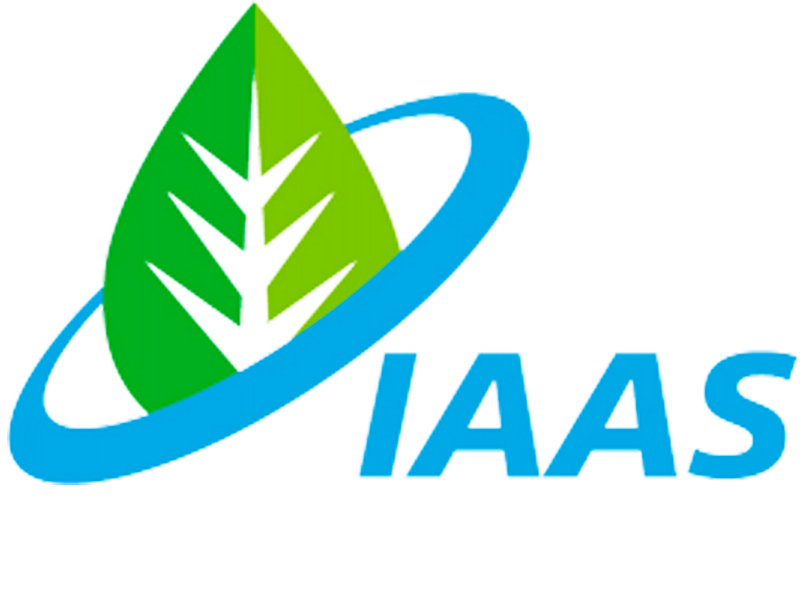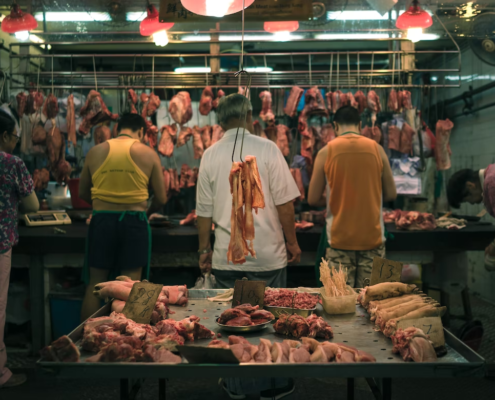NGO launches to improve animal welfare in Asian slaughterhouses
By: Robin Hicks
Edited By: IAAS Secretariat
A non-government organization, called Impetus Animal Welfare, has launched to push for better animal welfare standards in slaughterhouses in Asia.
Started by Australian veterinarian and animal welfare scientist Michael Patching, the non-profit aims to improve how animals are killed for the meat trade in Asia to minimize suffering, improve food safety and reduce the risk of zoonotic disease spread.
One of the ambitions of the group is to introduce stunning – a technique for rendering the animal unconscious before it is slaughtered – as a standard practice everywhere in the region by the end of the decade.
Traditional methods used to subdue animals before slaughter in Asia include using hammers, blocks of wood, or electric stunners. In Vietnam, pigs are drowned before their throats are cut.
The Halal (Arabic for ‘permissible’) approach to animal slaughter common in Malaysia and Indonesia forbids any prior injuries to the animal, so stunning is not allowed before the animal is bled.
Patching said meat companies in Asia increasingly need to think about better animal welfare to gain access to export markets with restrictions on poorly farmed produce, such as Europe and the United States.
Also, large multinationals increasingly have environmental, social and governance (ESG) commitments in line with standards bodies such as the Business Benchmark on Farm Animal Welfare. Asian companies lacking these standards risk being left out of supply chains.
Better processes that reduce the suffering of animals also help minimise the risk of other ESG issues, such as food safety and biosecurity, Patching said.




